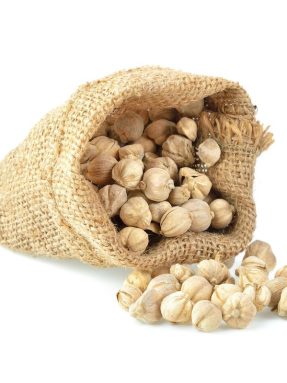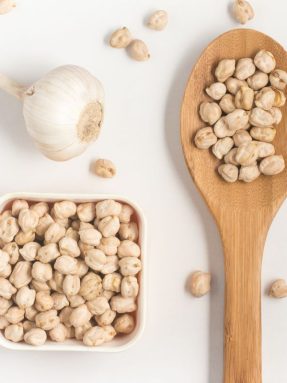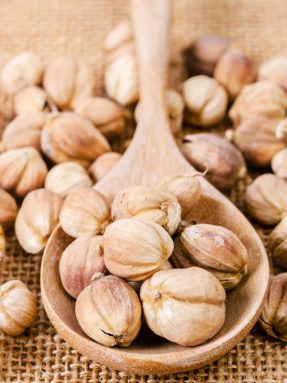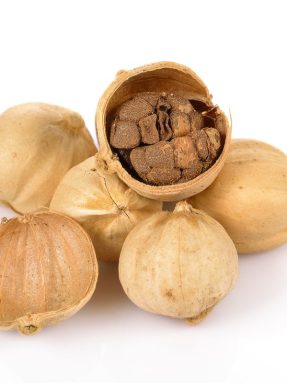Natural
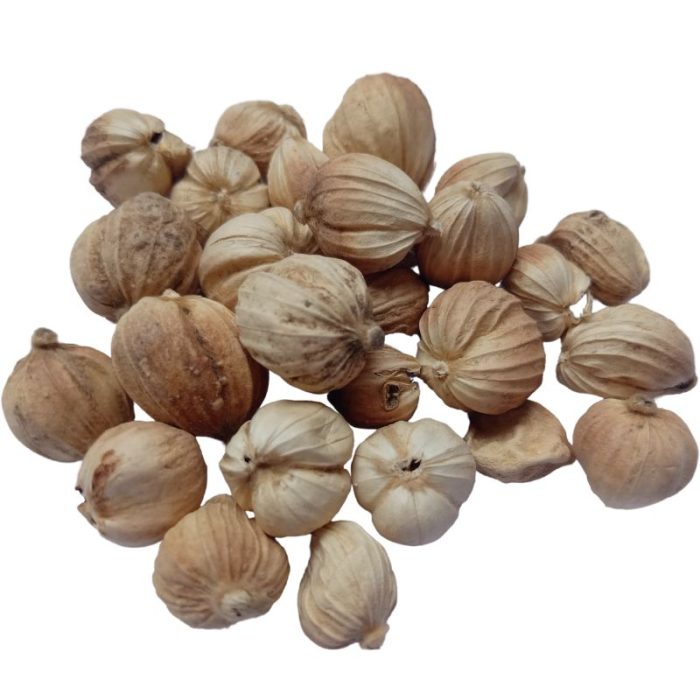
White Cardamom
White cardamom, or kapulaga putih, holds a significant place in Indonesian culinary traditions, particularly in the archipelago's rich array of spices. Indonesia, being a major player in the spice trade, has long been known for its cultivation of cardamom, including both green and white varieties. While green cardamom is more widely used in local dishes, white cardamom is appreciated for its unique flavor and is used in specific regional recipes.
In Indonesian cuisine, white cardamom can be found in dishes such as rendang, soto, and various kari (curry) preparations. It adds a subtle yet complex flavor, enhancing both savory and sweet dishes. The spice is also used in traditional beverages like wedang jahe (ginger drink), where its aromatic properties complement the warmth of ginger and other spices, offering a refreshing and health-boosting drink.
White Cardamom: The Spice of Tradition, Flavor, and Wellness
White cardamom from Indonesia has emerged as a highly sought-after export commodity, attracting attention from countries around the world. Known for its distinct, aromatic flavor and numerous health benefits, white cardamom plays a key role in Indonesia’s vibrant spice industry. As one of the world’s largest spice producers, Indonesia has harnessed its fertile soil and tropical climate to cultivate high-quality cardamom, which is in demand across global markets.
The spice’s appeal lies not only in its culinary versatility but also in its medicinal properties. White cardamom is prized for its ability to enhance dishes with its unique flavor profile, making it a staple in international kitchens, particularly in South Asian, Middle Eastern, and Scandinavian cuisines. Countries that use cardamom in their cooking, such as India, the Middle East, and even Europe, have increasingly turned to Indonesia for its premium-quality cardamom, ensuring steady growth in export opportunities.
In addition to its culinary uses, white cardamom’s popularity has risen due to its health benefits. As a key ingredient in traditional medicines, particularly in the practice of jamu (Indonesian herbal medicine), white cardamom is known for its digestive properties and role in relieving nausea and inflammation. This has piqued the interest of health-conscious consumers and natural remedy enthusiasts around the globe, further boosting Indonesia’s export potential.
As the demand for white cardamom continues to rise, Indonesia stands at the forefront of a lucrative export market. The spice not only contributes to the country’s economy but also highlights Indonesia’s deep-rooted connection to the global spice trade, where its rich history and expertise continue to captivate international markets. With its unmatched quality and versatile uses, Indonesian white cardamom has firmly established itself as a valuable commodity on the global stage.
FAQs
Indonesian white cardamom is renowned for its rich, aromatic flavor, which comes from the country’s ideal tropical climate and fertile soil. The spice is grown using traditional farming techniques combined with modern processing methods to preserve its purity, aroma, and potency. This results in a higher-quality product compared to other varieties, making it highly sought after in both culinary and medicinal markets.
Indonesia’s tropical climate provides the perfect environment for cardamom cultivation, with consistent rainfall, high humidity, and rich volcanic soil that enhances the flavor profile. These conditions allow the plants to grow to their full potential, producing cardamom pods that are aromatic, flavorful, and of higher quality compared to those grown in other regions with less favorable climates.
Indonesian white cardamom is rich in essential oils and compounds that offer various health benefits. It is known to aid in digestion, relieve nausea, reduce inflammation, and act as an antioxidant. These health benefits make it a popular ingredient in traditional Indonesian medicine (jamu) and have contributed to the increasing demand for Indonesian white cardamom worldwide.

